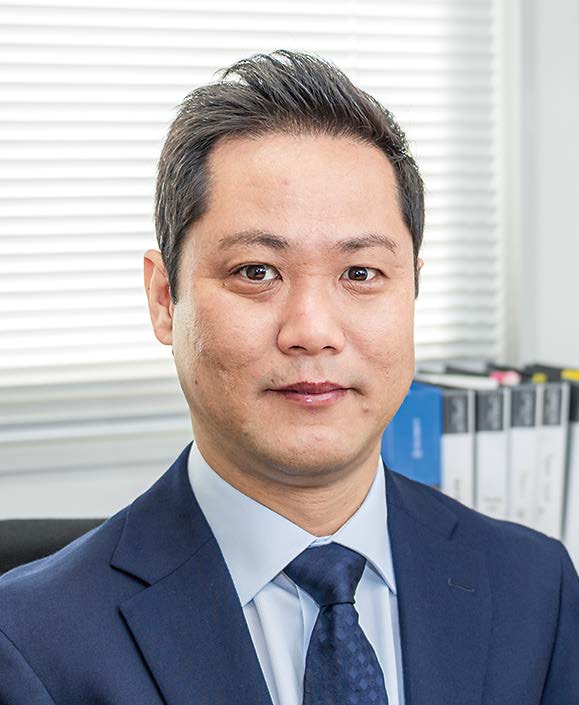Message from the Chair
Individuals play a vital role in advancing research, and it is important to provide a research environment in which each individual can maximize their abilities. The National Institute of Genetics (NIG) offers an excellent research environment with the infrastructure necessary to advance individual research projects, and each laboratory offers students the opportunities for advanced education. Furthermore, horizontal networks are important for dramatically enhancing individual capabilities.
Taking advantage of the fact that NIG has more numbers of faculties than students, each student receives guidance from multiple faculty members. For example, through the Progress Committee system, students can select faculty members from different NIG laboratories to serve on their committee and receive research advice on a regular basis. This system enables students to broaden their perspectives by gaining insights from experts with diverse specialties. In addition, NIG (Genetics Course) is part of the SOKENDAI, which is composed of 20 world-class national research institutes (20 courses) covering broad research areas including literature, history, physics, chemistry and biology. This unique system allows students to expand their research networks through the SOKENDAI curriculum and retreats, providing big advantages for their future.
Science, including genetics, builds on past discoveries to create new knowledge. For over 30 years, NIG has trained many of the next generation of researchers, demonstrating our strong belief that fostering good scientists is an important mission for future of the genetics.
SAITO, Kuniaki Chair
Individuals play a vital role in advancing research, and it is important to provide a research environment in which each individual can maximize their abilities. The National Institute of Genetics (NIG) offers an excellent research environment with the infrastructure necessary to advance individual research projects, and each laboratory offers students the opportunities for advanced education. Furthermore, horizontal networks are important for dramatically enhancing individual capabilities.
Taking advantage of the fact that NIG has more numbers of faculties than students, each student receives guidance from multiple faculty members. For example, through the Progress Committee system, students can select faculty members from different NIG laboratories to serve on their committee and receive research advice on a regular basis. This system enables students to broaden their perspectives by gaining insights from experts with diverse specialties. In addition, NIG (Genetics Course) is part of the SOKENDAI, which is composed of 20 world-class national research institutes (20 courses) covering broad research areas including literature, history, physics, chemistry and biology. This unique system allows students to expand their research networks through the SOKENDAI curriculum and retreats, providing big advantages for their future.
Science, including genetics, builds on past discoveries to create new knowledge. For over 30 years, NIG has trained many of the next generation of researchers, demonstrating our strong belief that fostering good scientists is an important mission for future of the genetics.
.
SAITO, Kuniaki Chair
















